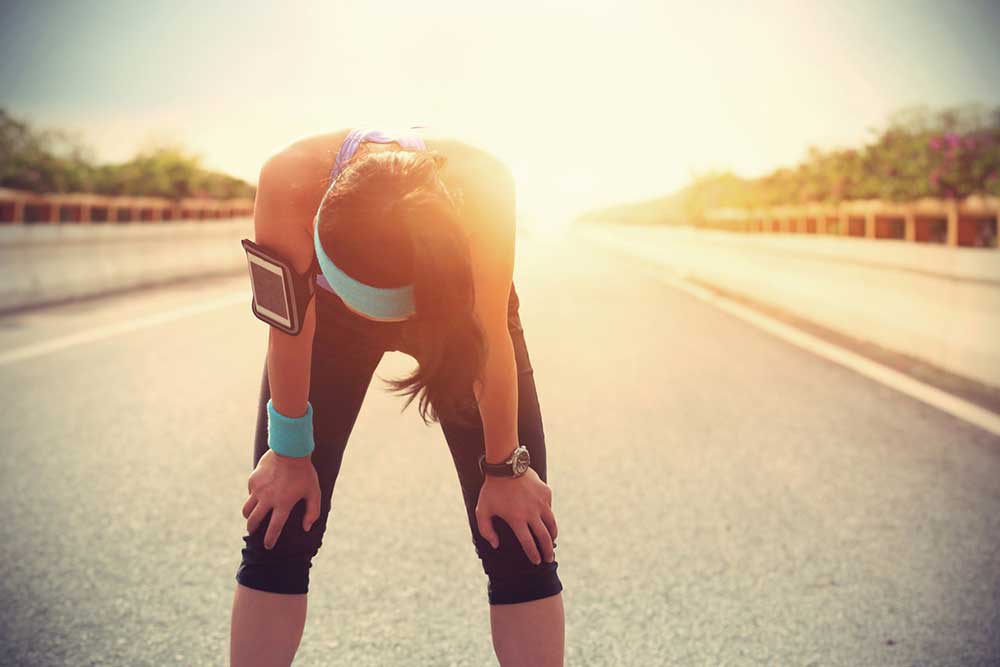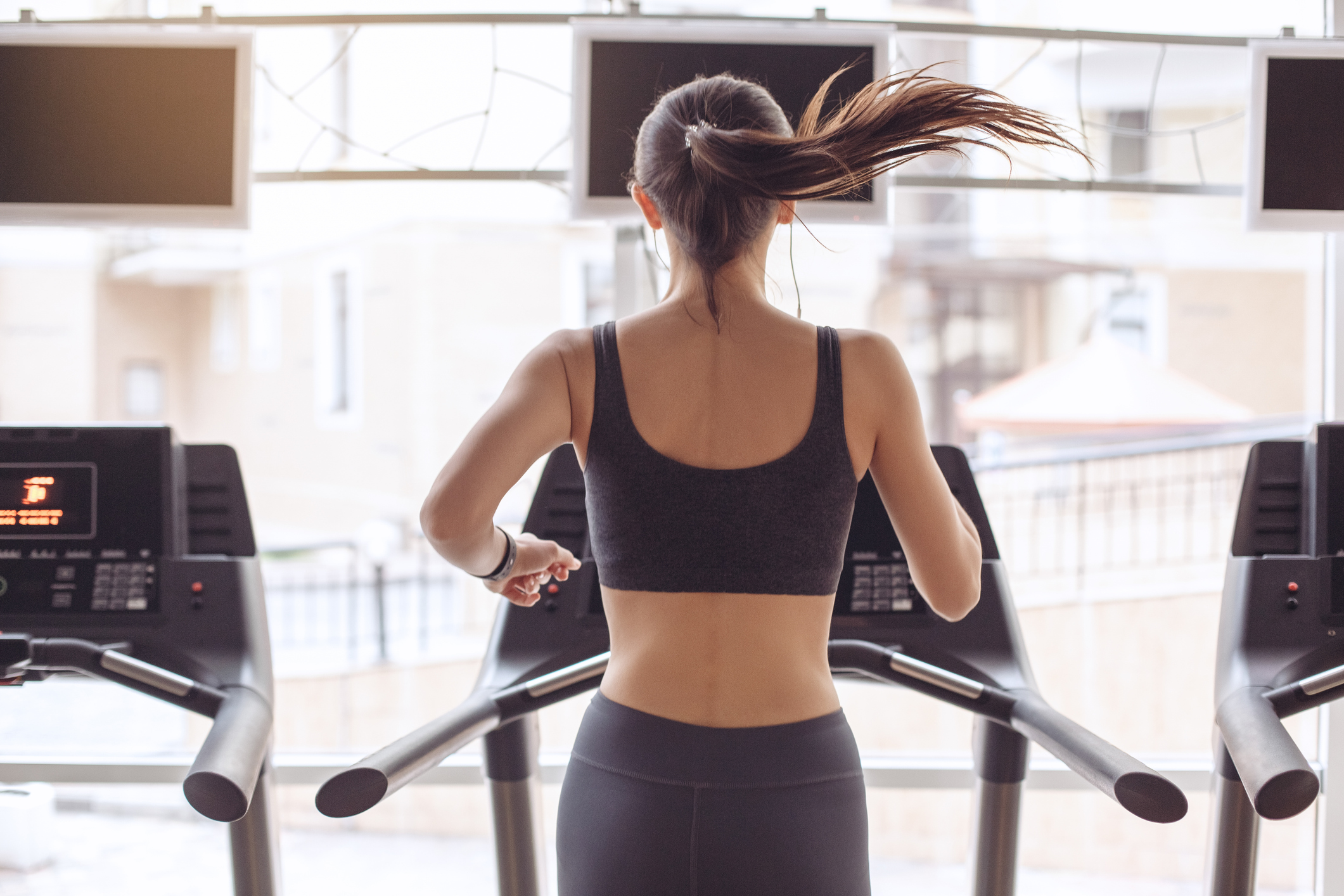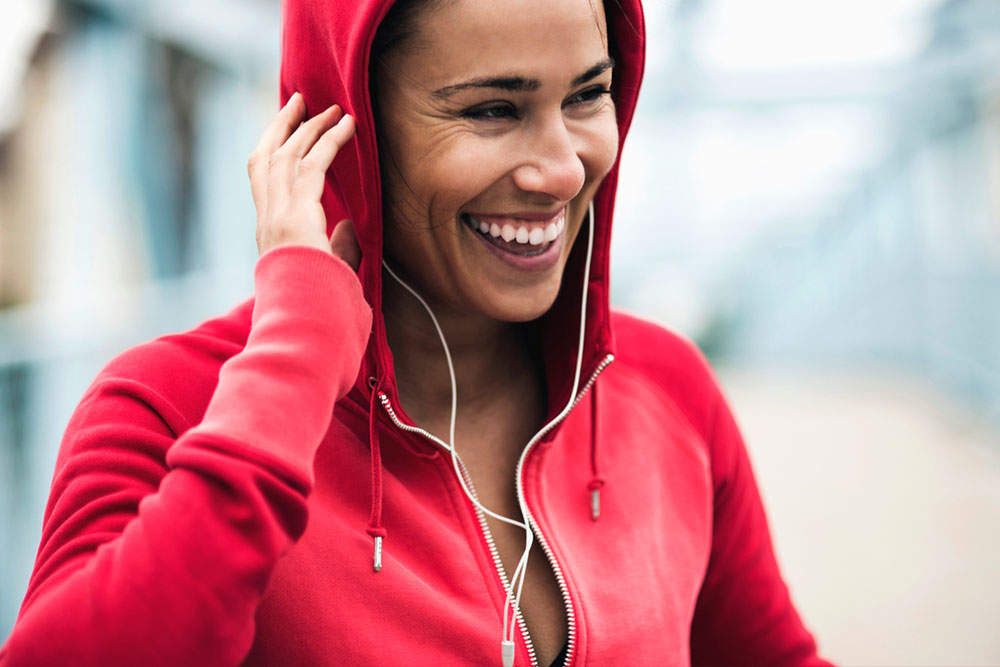How Does the Menstrual Cycle Impact Physical Performance?
Hunter Bennett There is a myriad of factors that affect physical performance capabilities. Things such as training status, emotional state, and of course both current fatigue and recovery status, are some of those that are most heavily discussed and researched. However, over the last few years, evidence has shown that the normal fluctuations in hormone





